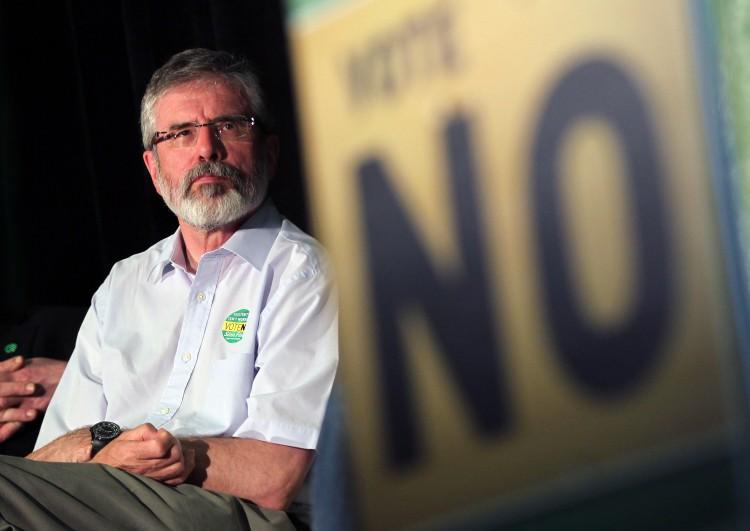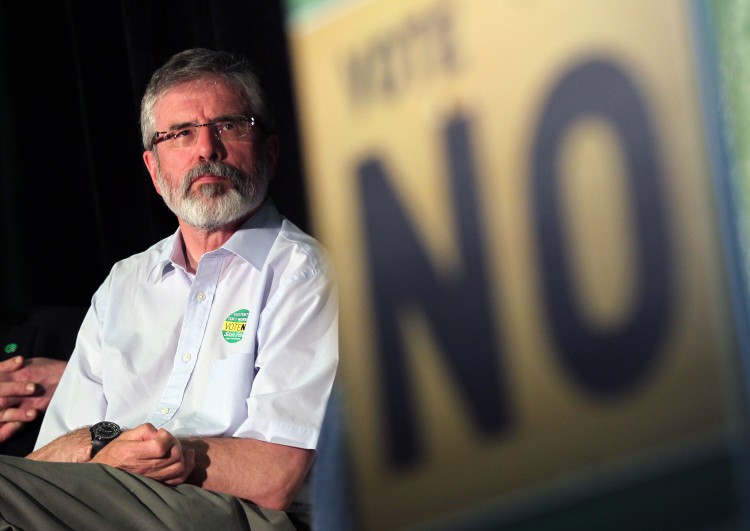With Ireland’s vote on the Stability Treaty now just days away, indications are that a Yes vote will be carried, though some campaigners have claimed that the momentum now lies with the No side.
According to socialist/left MEP Mr Paul Murphy: “A consistent trend of the shifting of support to the No side in the last two weeks is clear. Momentum is gathering against this Treaty, as the government’s scaremongering has worn increasingly thin.







